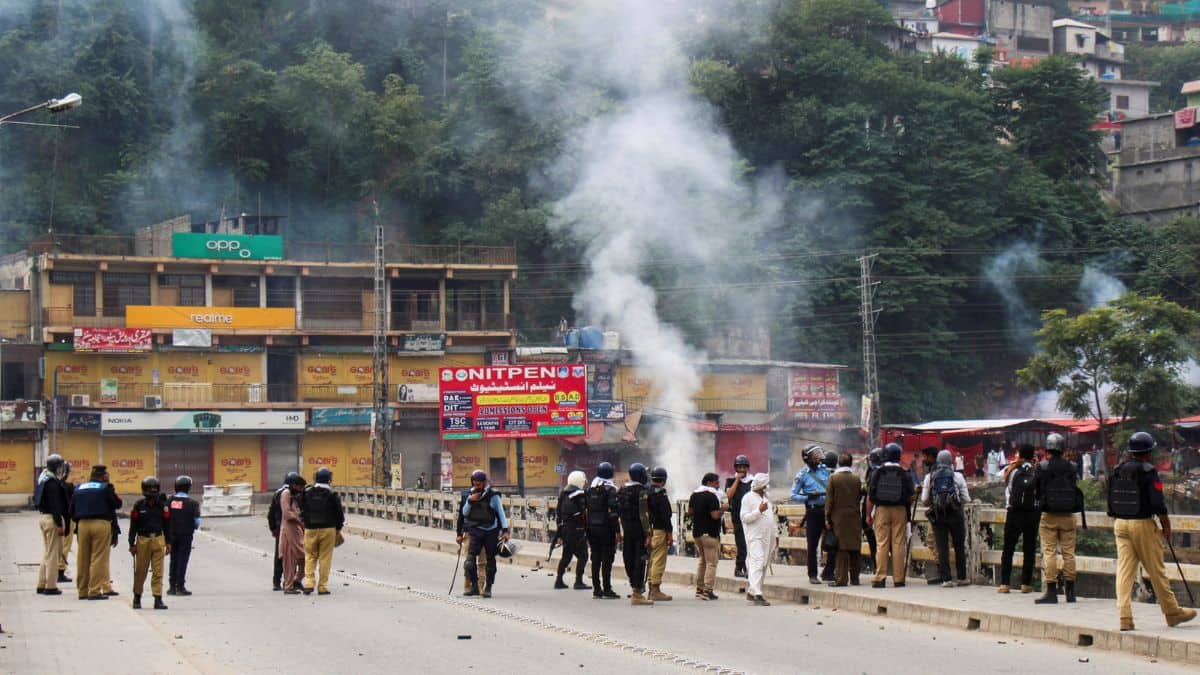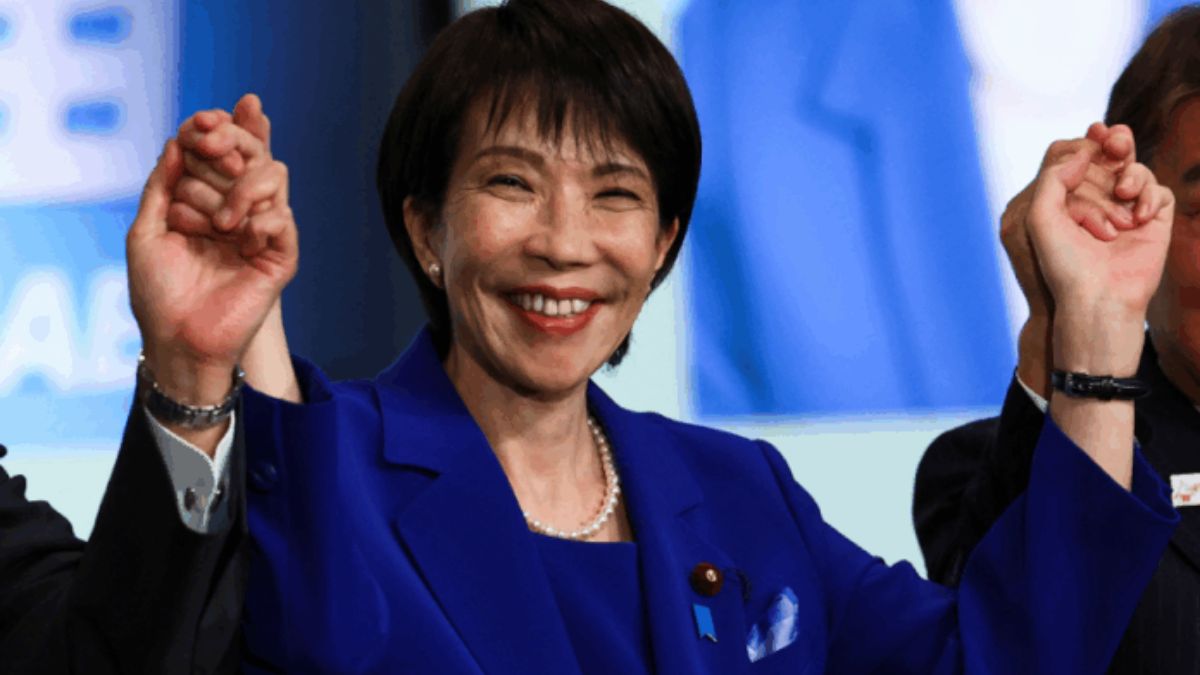Pakistan Army chief Syed Asim Munir, promoted to field marshal after leading Pakistan to a humiliating defeat against India in the four-day war earlier this year, is an unapologetic jihadist. His deep-seated animosity towards India has increased manifold after the rout Pakistan’s military suffered in Operation Sindoor.
Munir’s “jugular vein” speech was delivered weeks before Pakistani terrorists killed 26 Indian civilians, 25 of them tourists, in Pahalgam. The operation had been in planning by the Pakistani Army-ISI for months but Munir’s inflammatory speech pulled the final trigger.
When one of the wives of the men shot in cold blood tearfully asked the terrorists why their husbands were being killed, the leader of the Pakistani terrorist group said mockingly: “Go tell Modi.” The taunt came straight out of Munir’s playbook.
Last week Munir spoke at the graduation ceremony of the Pakistan Military Academy (PMA). His address was even more provocative than his jugular vein speech.
Speaking to young cadets, Munir warned India: “Should a fresh wave of hostilities be triggered, Pakistan would respond much beyond the expectations of the initiators. With diminishing distinction between combat and communication zones, the reach and lethality of our weapon systems will shatter the misconceived immunity of India’s geographic vastness. The retributive military and economic losses inflicted will be much beyond the imagination and calculations of the perpetrators of chaos and instability. The catastrophic consequences for the entire region and beyond will squarely lie with India.”
Much of Munir’s anger against India stems from the realisation that Pakistan is rapidly falling behind India economically, militarily and geopolitically. Pakistan Prime Minister Shehbaz Sharif’s public flattery of US President Donald Trump is part of Islamabad’s post-Operation Sindoor strategy. The Pakistani Army was stunned by India’s ability to strike Pakistan’s military airfields at will and the failure of Pakistan to inflict any damage on Indian soil despite the use of Chinese and Turkish missiles and drones. Munir has now risked Chinese ire by offering Pakistan as an all-weather US stooge.
Impact Shorts
More ShortsBeijing initially welcomed closer relations between Pakistan and the US. It gave China a Pakistani Trojan Horse in Washington. There will come a time, however, when Beijing will question the risk of its Pakistani Trojan Horse in Washington becoming America’s Trojan Horse in Beijing.
When Pakistan last acted as a bridge between the US and China in 1972, arranging a visit to Beijing by President Richard Nixon, China was an impoverished country with rudimentary technology. At the height of the Cold War, the Soviet Union posed a hegemonic threat to the US-led West. Weakening the alliance between the two Communist giants became a cornerstone of US foreign policy.
Fifty years later, China is a bigger threat to US global hegemony than the Soviet Union ever was. Beijing will therefore tolerate a degree of Pakistan’s closeness to the US, but not if it jeopardises China’s interests.
For Munir the choice is stark. He needs US money, technology and weapons. Chinese funds for the CPEC are drying up. Beijing may be wary of selling more weaponry to Pakistan if Islamabad allows the US to use its Gwadar and Pasni ports in Balochistan where China has key infrastructure and military projects.
The growing hostility with Afghanistan has complicated matters. The killing of three Afghanistani cricketers in Pakistani airstrikes could prove a decisive moment in Kabul-Islamabad ties. That spells bad news for Munir. He was banking on a quiet western border with Afghanistan to focus on sponsoring terror attacks on Jammu & Kashmir as it inches towards statehood.
The fly in Munir’s domestic ointment is Imran Khan. Jailed since May 2023, the former Pakistani prime minister is a sworn enemy of Munir. Before he was imprisoned, Khan was by far the most popular politician in Pakistan. If the 2024 general election had not been rigged and Khan allowed to stand, his party Pakistan Tehreek-e-Insaf (PTI) would have won by a landslide. Munir knew that unlike the weak Sharif brothers, Shehbaz and Nawaz, Imran would have been impossible to control.
Munir has in effect, over the past year, engineered a military coup in Pakistan without toppling the Shehbaz Sharif government as Pervez Musharraf toppled the Nawaz Sharif government in 1999. It suits Munir to run the country from the barracks, using Shehbaz Sharif as a travelling salesman.
But as the tech and trade war between the US and China escalates, Munir will find himself in the uncomfortable position of having to choose sides. He can’t afford to alienate Beijing to whom he is in debt and whose weapons he relies on.
The US is an even trickier proposition. Pakistan still has legacy US weapons like F-16 fighter jets, which were damaged during Operation Sindoor. Islamabad also has access to crucial US intelligence as a non-NATO ally.
With regular flights between China and India resuming on November 9, economic ties between Beijing and New Delhi in a trade-fractured world are too important for either country to allow them to be held hostage to Munir’s jihadist impulse against India.
Defence Minister Rajnath Singh’s speech last week at the launch of the first batch of indigenously manufactured BrahMos missiles at a state-of-the-art facility in Lucknow was directed squarely at Munir: “BrahMos proved to be practical for India’s security during Operation Sindoor. What happened in Operation Sindoor was just a trailer. However, that trailer itself made Pakistan realise that if India could give birth to Pakistan, I need not say anything further about what else it could do.”
(The writer is an editor, author and publisher. Views expressed in the above piece are personal and solely those of the author. They do not necessarily reflect Firstpost’s views.)


)

)
)
)
)
)
)
)
)



